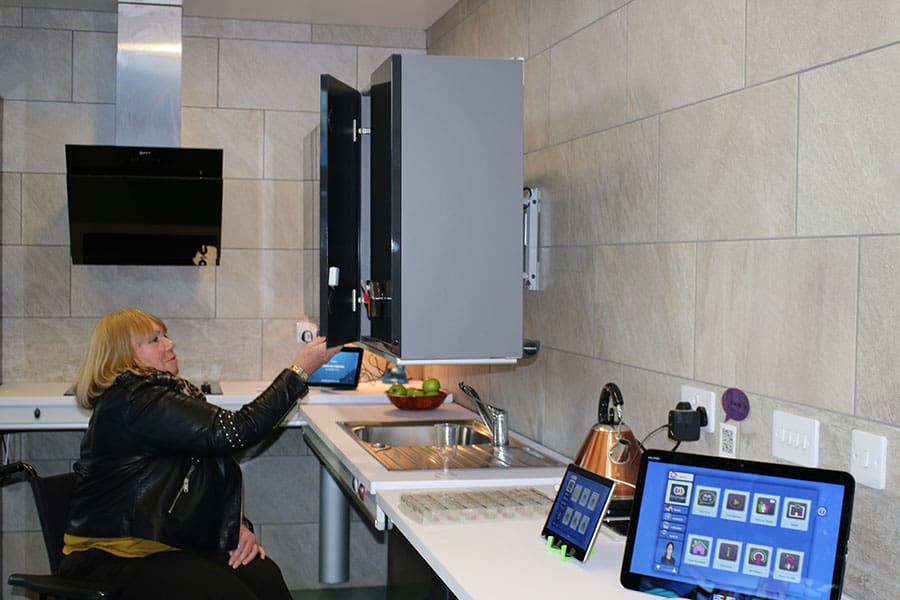APPGAT calls on public for evidence on how smart home tech can enhance independent living

The All-Party Parliamentary Group for Assistive Technology (APPGAT) and cross-party thinktank Policy Connect are asking the public to provide evidence on how smart home technologies can enhance independent living.
In particular, APPGAT and Policy Connect want to hear about:
- Local authority and Clinical Commissioning Group (CCG) adult social care commissioning policies and practices
- Using the Disabled Facilities Grant (DFG) to access assistive technology
- Health and social care services delivery and workforce development
- The role of local and national government in shaping the market
- Coproducing assistive products and services with disabled and older people
People can submit their evidence to APPGAT’s call for evidence on smart home technologies for independent living here
Responses can be submitted to all or some sections as desired. The deadline is Wednesday 20th October 2021.
The findings from this evidence will be used to inform Policy Connect’s Smart Homes and Independent Living Commission.
This commission will examine and make recommendations to advise the UK Government on how smart home technologies can be used by disabled and older people to enhance independent living.
Chaired by the former leader of Kent County Council, Sir Paul Carter CBE, and supported by Liz Twist MP and other leading voices in social care and technology, the commission’s aim is to ensure that disabled and older people can make use of smart home technology to lead healthy, independent and socially rewarding domestic lives.
In particular, the Smart Homes and Independent Living Commission will address three key themes:
- Social care commissioning: How can government support local authorities and provide incentives in the commissioning of more innovative social care provision using smart home technology?
- Social care service provision: How can government, local authorities, regulators and industry support carers to develop the skills and practices necessary to help older and disabled people to benefit from smart technology?
- Market shaping: How can government ensure new and existing housing can support smart home technology, and work with industry to ensure smart home software, devices and services are designed to facilitate independence?
Smart home technology is the application of interconnected products, systems and services to living spaces. These tools have the potential to offer disabled and older people unprecedented control over their environment and the ability to connect more easily with family and friends as well as public and private services.
However, these opportunities have yet to be fully realised for disabled and older people or the services that support them, APPGAT says.
The commission will produce a policy report with recommendations for policymakers, care organisations and the technology sector on how assistive technology can help disabled and older people pursue their aspirations, interests and preferred lifestyles.

